Welcome to “Stress Less: Building a Mindset for Anxiety Relief and Burnout Recovery,” a transformative episode of The Anxiety Guy Podcast. In this engaging and insightful discussion, we’ll explore powerful mindset shifts to alleviate anxiety and prevent burnout. Enjoy!
In today’s fast-paced world, many individuals find themselves grappling with anxiety and burnout. Both can significantly impact one’s quality of life, making it crucial to develop effective strategies for anxiety relief and burnout recovery. By adopting the right mindset and incorporating practical techniques, you can stress less and improve your overall well-being.
Understanding Anxiety Relief and Burnout Recovery
Anxiety is characterized by excessive worry and fear about everyday situations. Symptoms may include rapid heartbeat, sweating, and a sense of impending doom. Burnout, on the other hand, is a state of physical, emotional, and mental exhaustion caused by prolonged stress, often related to work. It manifests through feelings of helplessness, detachment, and a decline in performance.
The Importance of Mindset in Managing Stress
A positive and resilient mindset is crucial in healing stress, anxiety, and burnout. How you perceive and respond to stressful situations can either exacerbate or alleviate these conditions. Building a mindset that promotes anxiety relief and burnout recovery involves changing thought patterns, fostering self-compassion, and prioritizing mental health.
Strategies for Anxiety Relief
- Mindfulness and Surrender Session Meditations: Practicing mindfulness helps you stay present and reduces anxiety by interrupting the cycle of worry. Meditation can calm your mind and reduce stress levels.
- Breathing Exercises: Deep, slow breathing can activate the body’s relaxation response, lowering anxiety.
- Physical Activity: Regular exercise releases endorphins, which act as natural stress relievers. Activities like yoga, running, and even walking can reduce anxiety.
- Healthy Diet: Consuming a balanced diet rich in whole foods supports overall mental health. Omega-3 fatty acids, found in fish, and antioxidants, found in fruits and vegetables, can help manage anxiety.
- Adequate Sleep: Poor sleep can heighten anxiety. Establishing a consistent sleep routine and creating a restful environment can improve sleep quality and reduce anxiety.
Strategies for Burnout Recovery
- Set Boundaries: Learning to say no and setting limits on your time can prevent overcommitment and reduce stress. Protect your personal time to recharge.
- Prioritize Self-Care: Engage in activities that rejuvenate you, whether it’s reading, hobbies, or spending time with loved ones. Self-care is crucial for burnout recovery.
- Seek Support: Talking to a trusted friend, family member, or therapist can provide emotional support. Professional guidance can help you navigate through burnout.
- Break Tasks into Manageable Steps: Overwhelming workloads can lead to burnout. Break tasks into smaller, manageable steps and focus on one task at a time.
- Take Breaks (mini vacations): Regular breaks during work can improve productivity and reduce stress. Short, frequent breaks are more effective than infrequent, longer ones.
Building a Resilient Mindset for Anxiety Relief and Burnout Recovery
- Cultivate an Attitude of Gratitude: Focusing on what you’re thankful for can shift your mindset from negative to positive, reducing stress and promoting resilience.
- Develop Problem-Solving Skills via the Intuition: Approaching problems with a solution-oriented mindset can reduce feelings of helplessness and improve your ability to cope with stress.
- Embrace Flexibility in your Perceptions: Life is unpredictable. Adopting a flexible attitude helps you adapt to changes and reduces stress.
- Foster a Growth Mindset: Believing that you can grow and improve through challenges promotes resilience. View setbacks as opportunities for learning and growth.
- Engage in Regular Reflection: Reflecting on your experiences helps you understand stressors and develop strategies to handle them better. Journalling for anxiety is highly recommended.
Conclusion
Anxiety relief and burnout recovery are achievable through a combination of practical strategies and a resilient mindset. By incorporating mindfulness, healthy habits, and supportive practices into your daily life, you can stress less and enhance your overall well-being.
Remember, it’s essential to be patient with yourself and recognize that building a mindset for anxiety relief and burnout recovery is a continuous process. Prioritize your emotional and mental health and take proactive steps to cultivate a more balanced and fulfilling life.
Remember, You Are More Than Anxiety! Comment Below on Which Points Spoke to You from Today’s Podcast.
The Anxiety Guy Resources:
- Books: “F*** Coping Start Healing” – a great tool for those ready to take active steps in their anxiety recovery. 101 Short Lessons for an Anxiety Free Life (latest book).
- Calm: Mindfulness practices that help in grounding and taking control over runaway thoughts.
- Support Groups: Online anxiety support groups such as ours and local meetups can provide the encouragement and understanding needed to step out of the victim role.
The Anxiety Guy Podcast is one of the most popular mental health podcasts in the world with more than 6 million downloads alongside the Health Anxiety Podcast Show.
It has been selected as the top mental health and anxiety podcast on Apple 6 times, and has been listen as a top podcast for anxiety today on Psychology Today, Choosing Therapy, Better Help, Women’s Health, Marissa Peer and many more. To listen to any of the past episodes for free, check out this page.
Listen to all future anxiety guy podcast episodes on Spotify, Tune-in, Podbean, Podbay, Podcast Addict, Scribd, Luminary, Google Podcasts, Amazon Music, or on your favorite podcast platform. You can watch all previous anxiety guy episodes through video on YouTube here.

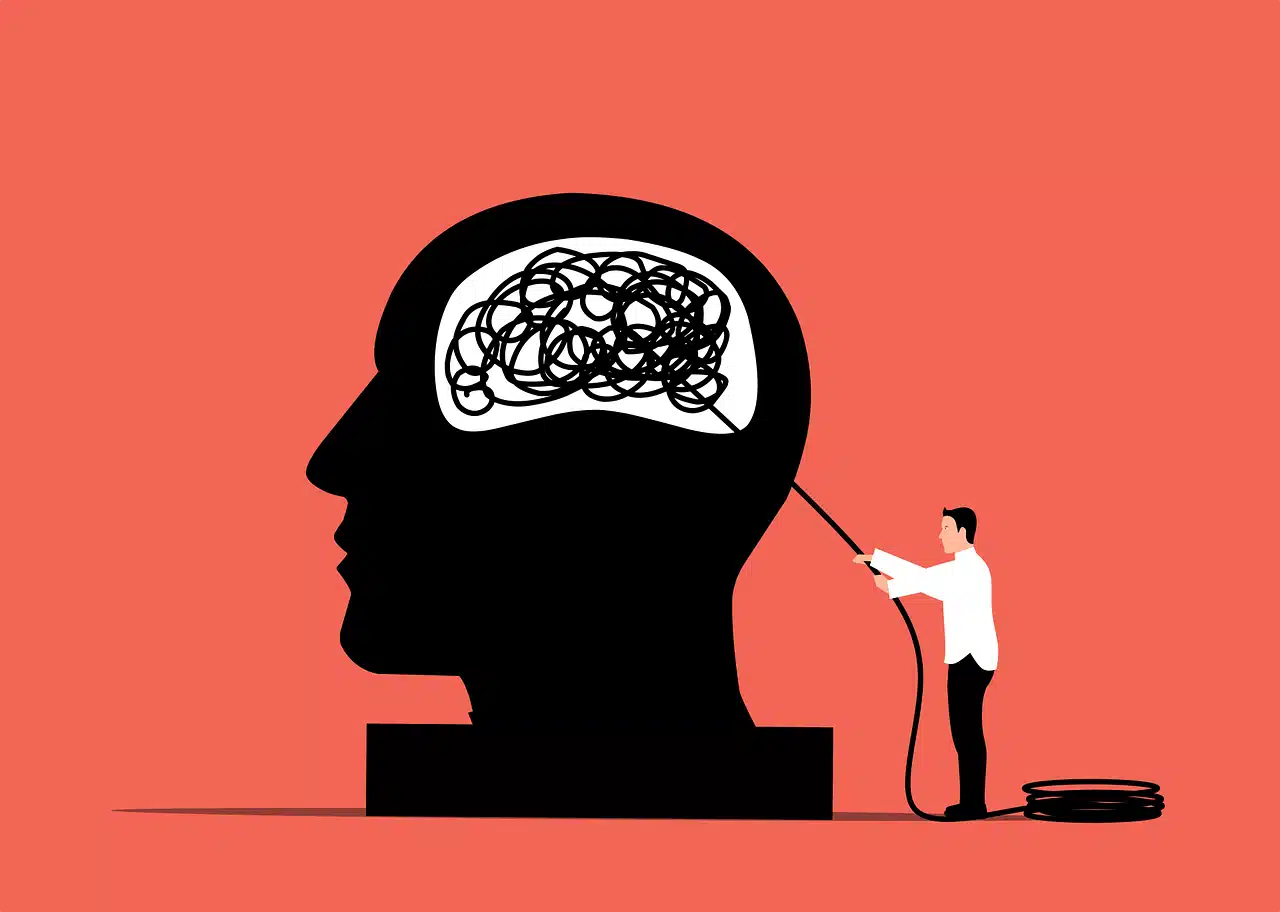
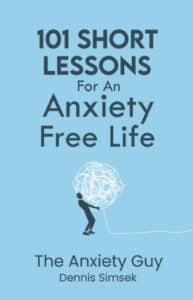

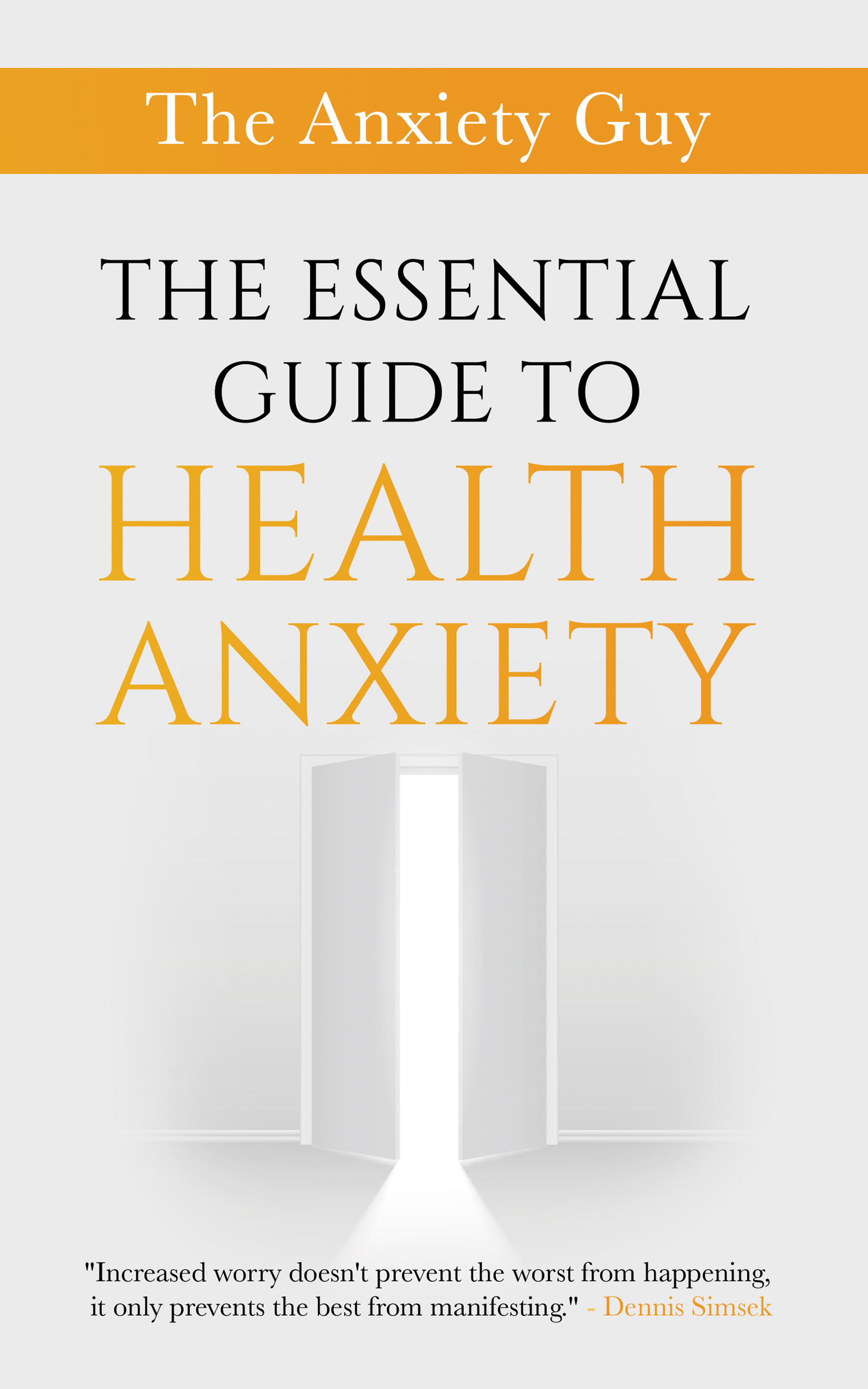
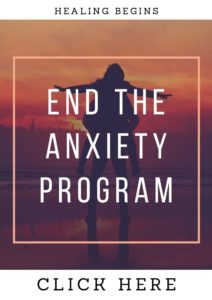
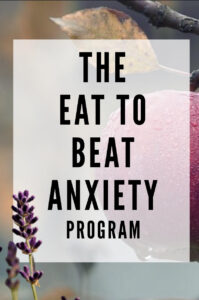













I often find myself grappling with anxiety and burnout, which significantly impact my quality of life. This episode provided me with powerful mindset shifts and practical techniques that have helped me alleviate anxiety and prevent burnout. Ensuring I get adequate sleep has been crucial, as poor sleep can heighten anxiety. Seeking support from trusted friends, family members, or a therapist has provided me with the emotional support I needed. The insights and techniques from this podcast episode have had a profound impact on my life, and I am grateful for the transformation they have brought.
Thank you for sharing. The burnout can certainly be debilitating, but with a dedicated plan in place and teh right mindset anxiety burnout can be healed for good.